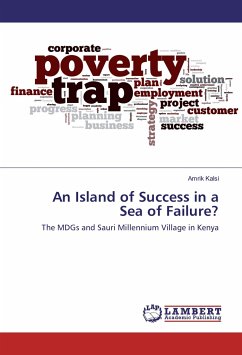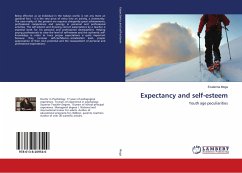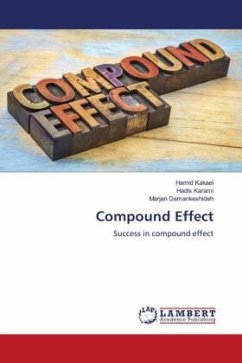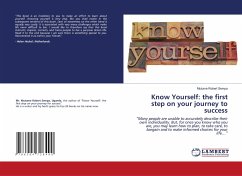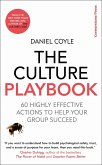For a number of decades, foreign aid-supported poverty reduction and development concepts, and policies and programmes developed by international development agencies and experts implemented since the 1950s, have produced limited short-term and sometimes contradictory results in Kenya. In response to this problem in 2000, the adoption of the Millennium Development Goals (MDGs) was in many respects a tremendous achievement, gaining unprecedented international support. Poverty reduction and sustainable development are key priorities for the Kenyan government and the Kenya Vision 2030 blueprint project. The aim of this study was to learn from the Sauri Millennium Village implementations in agriculture and non-agriculture, education and health programmes. They are all inter-related and could assist in developing a more comprehensive and practical strategy for the Kenya Vision 2030 blueprint for poverty reduction in Kenya. In addition contributing to the MVP's re-evaluation and improvement, suitability and sustainability, at national levels and in the global debate regarding the shaping of the Sustainable Development Goals.

